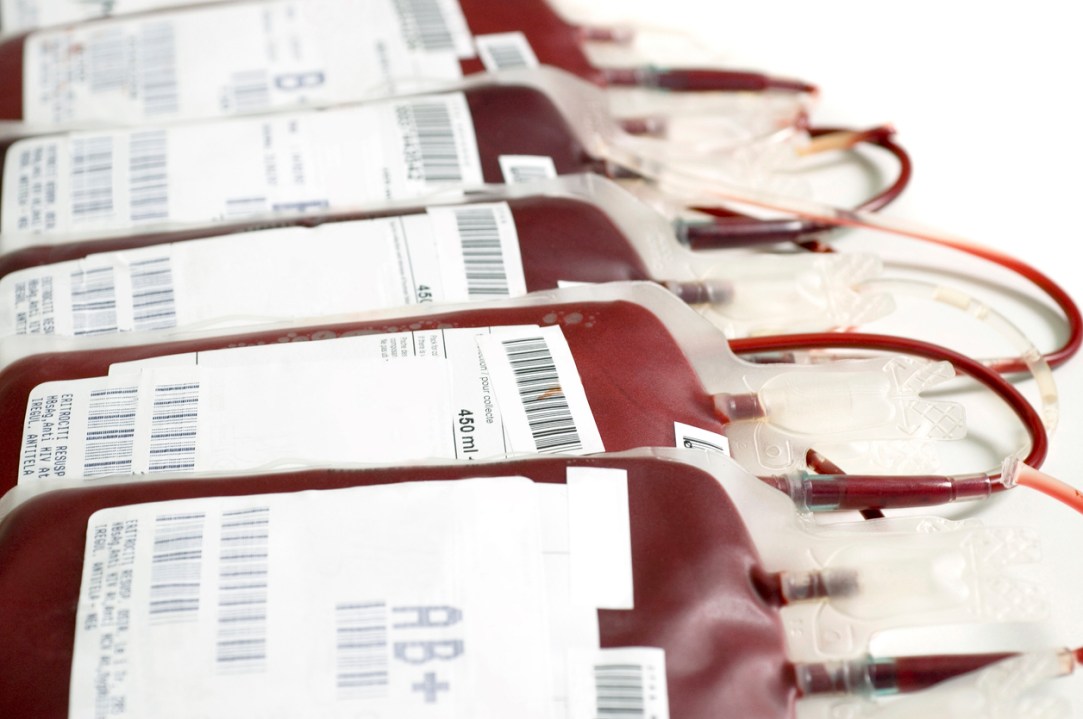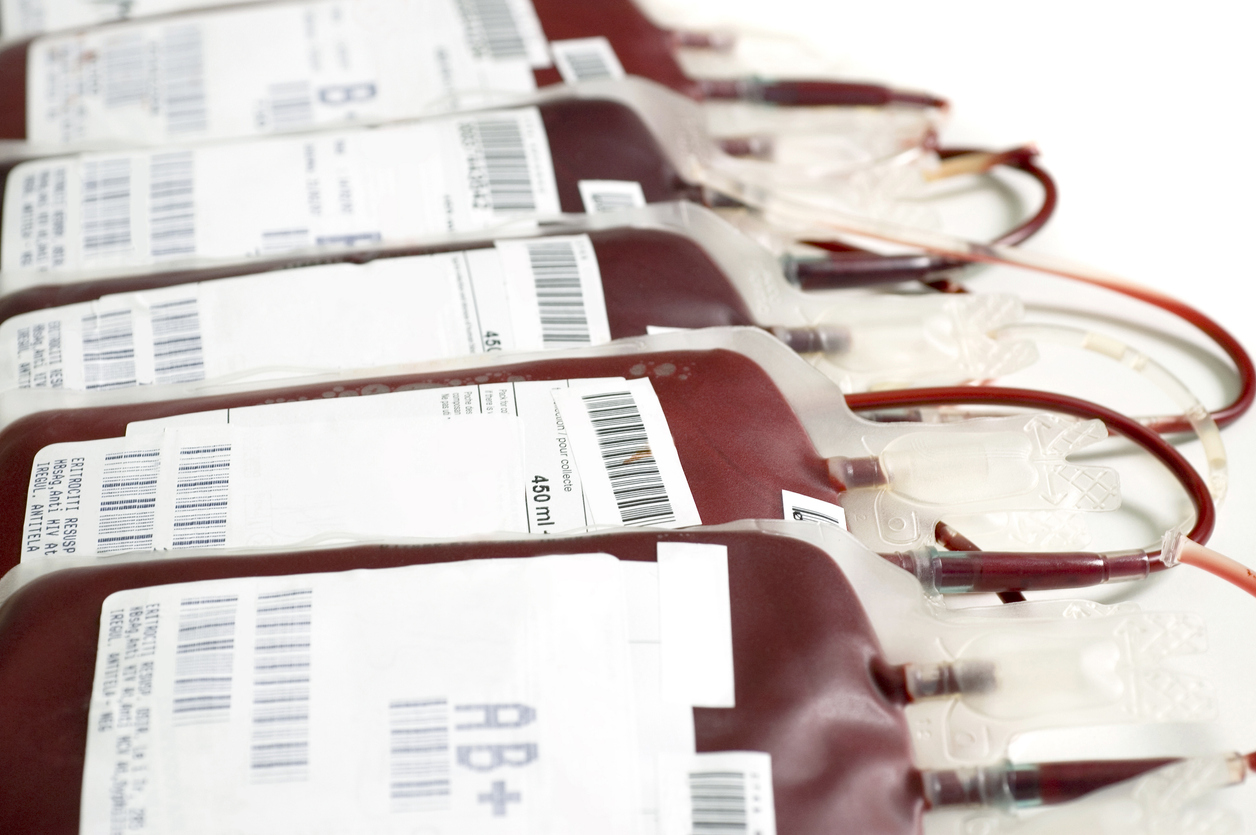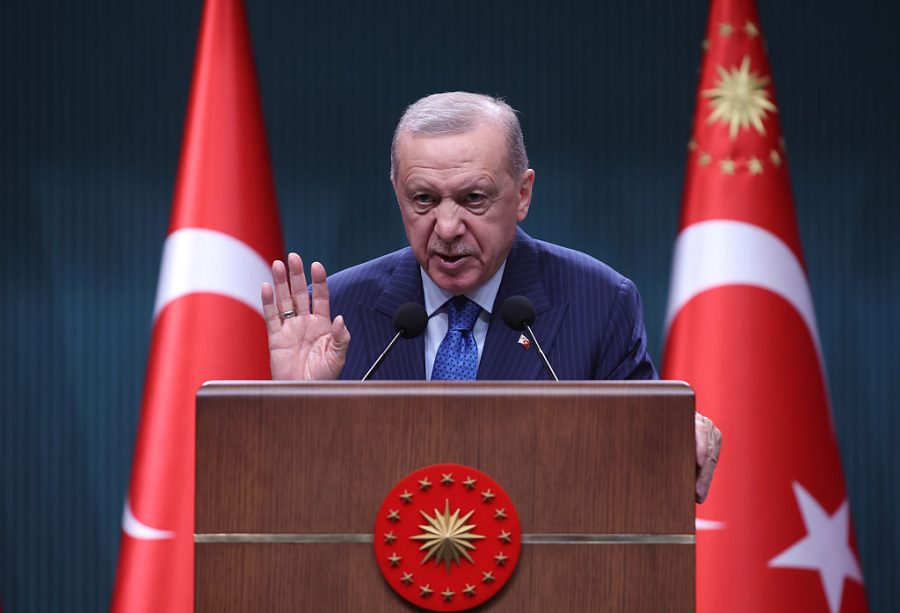The Infected Blood Inquiry has finally concluded after a five-year investigation. This lunchtime, the inquiry’s chair Sir Brian Langstaff said thousands of deaths could have been prevented and the ‘worst ever’ NHS scandal, which saw thousands of Britons between 1970 and 1998 become infected by contaminated blood, could ‘largely, though not entirely, have been avoided’.
The 2,527-page report finds that the ‘life shattering’ scandal was made worse by a ‘subtle, pervasive and chilling’ cover-up extending to both the government and NHS: ‘The response of those in authority served to compound people’s suffering.’ Langstaff – a former High Court judge – found that the ‘scale of what happened is horrifying’ with patients ‘betrayed’ by doctors. Almost 3,000 people so far are known to have died after contracting HIV or hepatitis from faulty blood transfusions while 30,000 in total were given contaminated blood.
The ‘disaster’ was, according to Sir Brian, ‘no accident’. He went on: ‘People put their trust in doctors and the government to keep them safe and that trust was betrayed. Then the government compounded that agony by telling them that nothing wrong had been done, that they’d had the best available treatment and that as soon as tests were available they were introduced and both of those statements were untrue.’
The decades that have passed since those transfusions means that this is a scandal that is not confined to one party or government. Through the inquiry, figures from the Thatcher and Blair governments have received criticism. On hearing the findings, one victim of the scandal, Clive Smith, said many politicians should ‘hang their heads in shame’. He added that while Rishi Sunak is expected to apologise, this goes beyond the current Prime Minister and more figures ought to come forward and say sorry.
As for what happens next, Langstaff has made 12 recommendations, including ending a defensive culture in the civil service and government and finding any undiagnosed patients. However, the recommendation that will receive the most attention in the coming days is compensation. Jeremy Hunt is expected to accept this call tomorrow – with around £10 billion thought likely to be granted in total. With the Prime Minister due to speak this afternoon, expect questions to follow about the speed and way in which this money could be awarded.









Comments